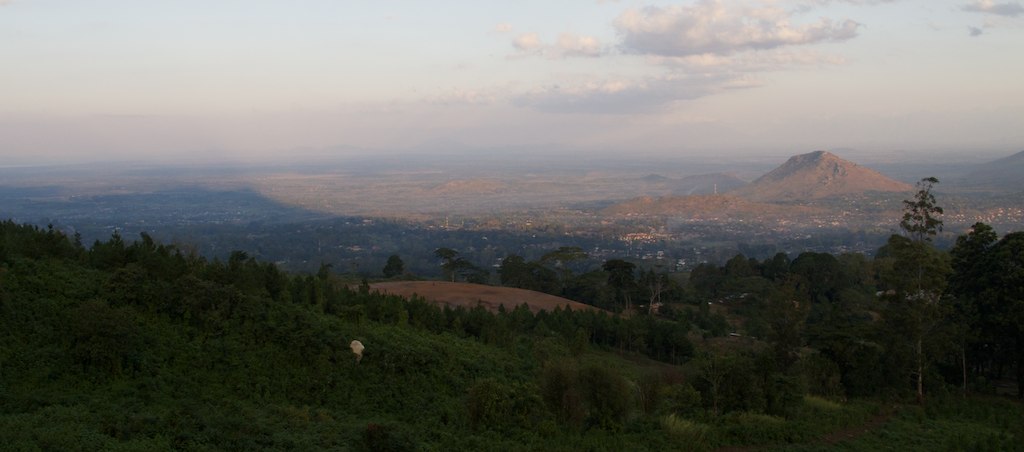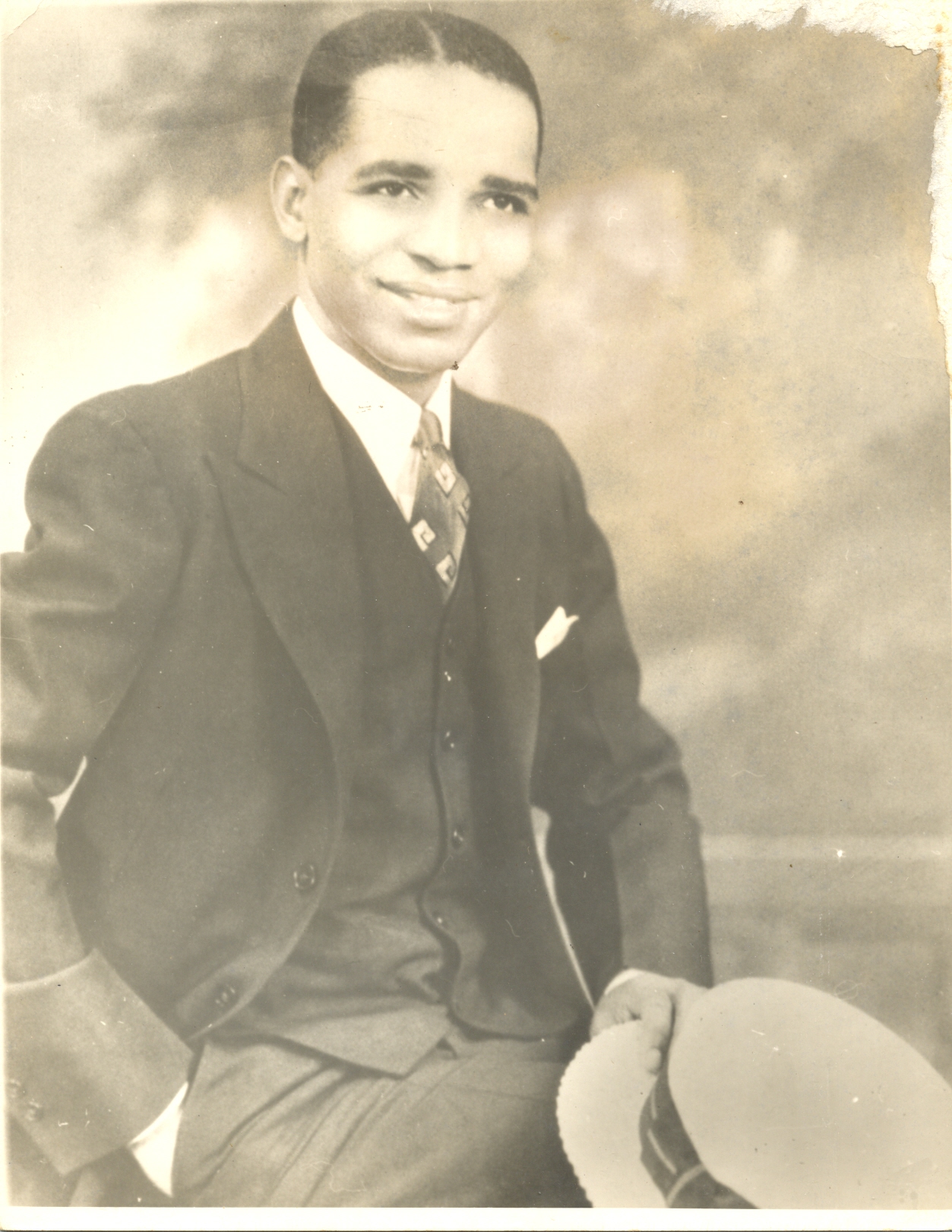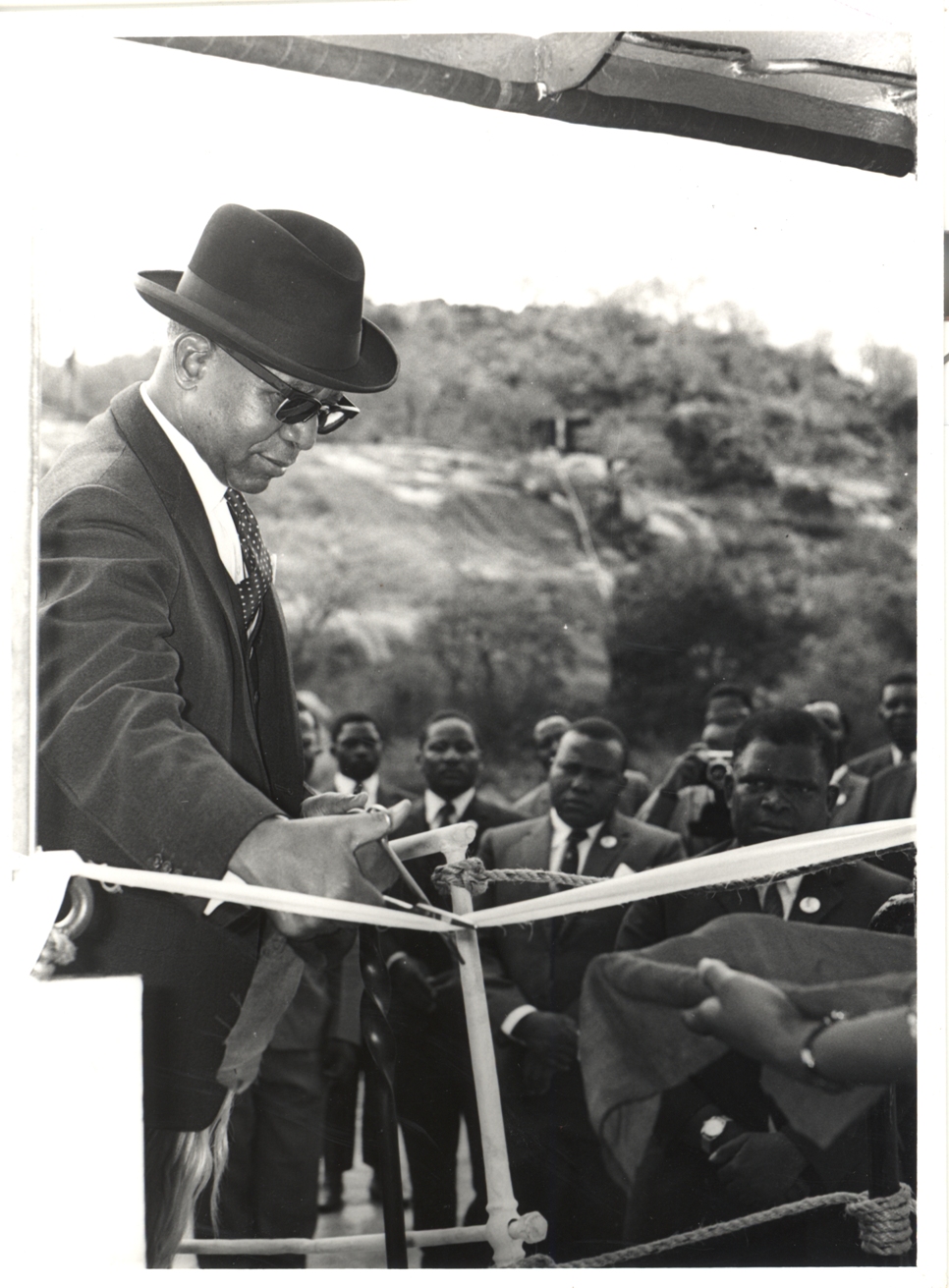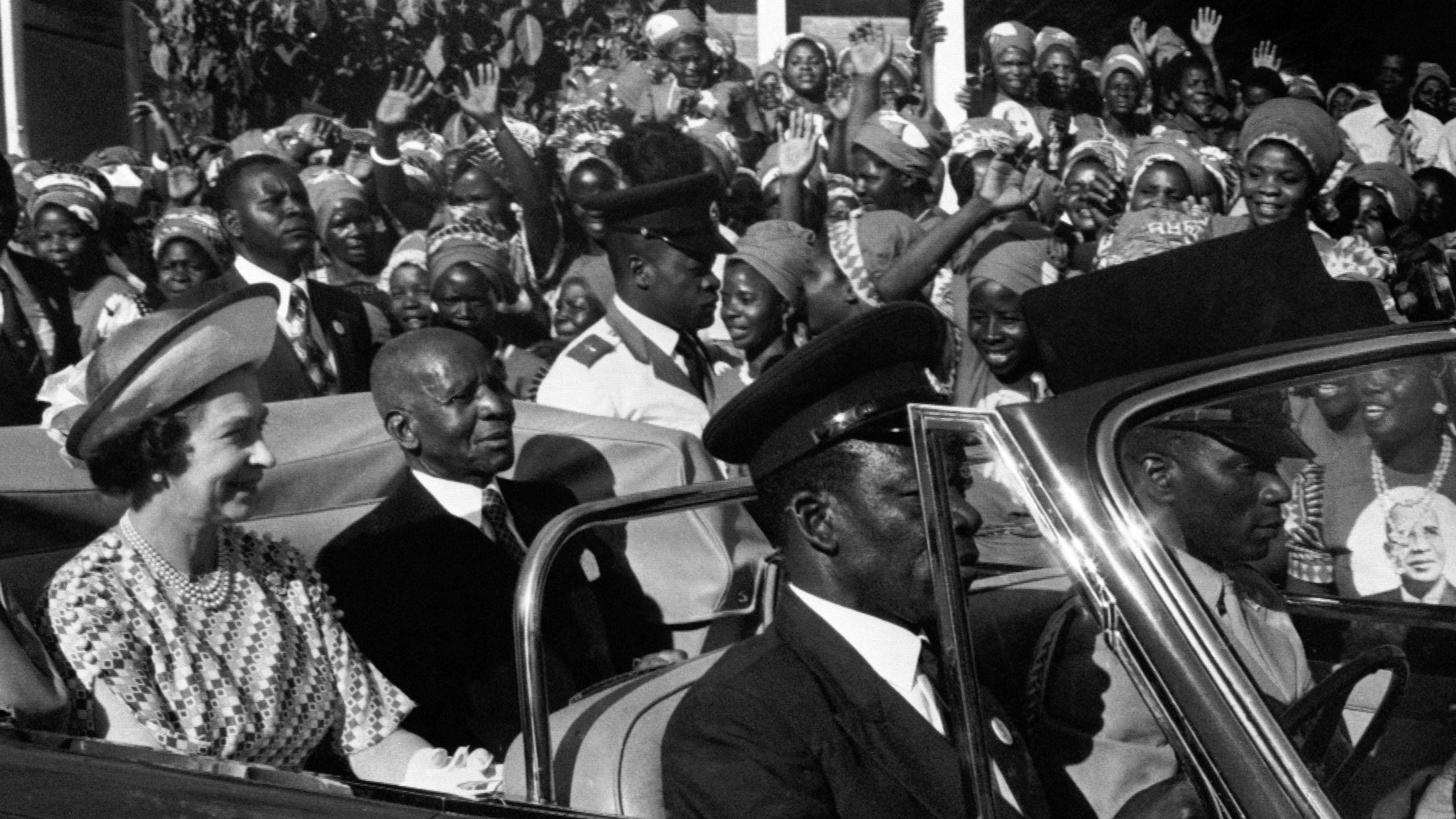The first and only time I saw Dr. Hastings Kamuzu Banda I must have been seven years old. It was 1958. He had just returned to liberate Nyasaland, after an absence of forty-odd years. My friend John and I found ourselves by accident in a crowd by the roadside. There was a sense of excited anticipation about something we knew not what, a sweaty-body smell, a jostling throng of African shoulders, of mostly young men. One of them hissed something to us—I forget what exactly, but it was along the lines of “Your time is up, mate, it’s our turn now so stick it”.
The great man came standing in the back of a slowly moving Land Rover, in a suit and tie with a Homburg on his head and a fly-whisk in his white-gloved hand, his eyes invisible behind dark glasses. He brandished his whisk and the crowd chanted:
“Kwacha! Kwacha!”
It meant “Dawn” in Chinyanja—or, in Chichewa, as everybody now calls it. (Dr. Banda was from the Chewa tribe, and nobody even seems to remember that it was ever called Chinyanja—as they say, a language is a dialect with an army.)
I remember a few changes around that time. A tendency had grown up for impromptu crowds to form and throw stones at cars, so everyone had to put iron grilles over the windows. Mum and Dad no longer left us alone with the “boys” when they went out on social calls in the evenings; instead we went in the car with them, and were bundled in again, by this time asleep, for the ride home. This was all because of that “blasted Doctor Banda”; and worse still, a dangerous young lieutenant of his by the name of Chip. Like many of the European men (629, according to an official enquiry set up after the State of Emergency), my Dad volunteered to be a Special Constable. He used to get up extra early and, in blue shorts and wearing a blue armband, he would go off to guard the radio station – a shack up a windy road in the eucalyptus forest at the top of the hill above the Zomba road, with a chair, a sort of shelf looking out of the window at the trees, and some electrical equipment.
The next I heard—it was about a year after his triumphal return —Dr. Banda had been arrested. My father announced this quite gleefully, early one morning. He seemed particularly tickled that they had taken him away in his pyjamas. (Not quite true, as I learned later, but certainly he had had little time to dress before he was rushed to the airport and flown away to Southern Rhodesia). Out of curiosity, we took a drive to look at his house, which was a mile or so away from ours past the Sunlight Soap factory and near the Majestic Cinema; but of course there was nothing to see.
 David Davies (CC BY-SA 2.0) via Flickr
David Davies (CC BY-SA 2.0) via FlickrI think even then a lot of people had no idea that Nyasaland was in its final years. Naively, they thought with Banda and over 500 of his supporters in detention, everything would just go back to “normal.” Things progressed slowly for a child, no doubt rapidly for the grownups. The doctor was released after about a year, most of his lieutenants not long afterwards. We still rode our bicycles, fished in Limbe dam, swam in the pool at the club, lit fireworks on Guy Fawkes, nothing changed on the surface of things. They did build a big concrete arch over the Blantyre Road at Chichiri, with a Tambala (rooster) emblem – Independence Arch. We left before it was finished. Within two years, Malawi became, nominally, a republic, and the Ngwazi (“Conqueror”) became its Life President.
It was only many years later that I gathered the details of his story—or the various competing versions of it, his promotional copy versus what various historians believed. Born around 1898 (he preferred 1906 — historians are agreed on his vanity), in a little African village out in the middle of nowhere – and nowhere in Nyasaland truly means nowhere, and was even more nowhere in 1898, barely at the end of the era when Arabs used to come to take slaves. Falsely accused by his missionary-teacher of cheating in an exam at the age of 15 or so, he took off alone (or maybe not) through the bush determined to find an education elsewhere (and then come back to liberate his country), walking over 1,000 miles (or maybe not). He earned enough money in Rhodesia and South Africa to get a passage to America where, eventually, with the help of the African Methodist Episcopalian Church and various philanthopists, he graduated with a history degree from the University of Chicago (true for sure) and a medical degree from an institution in Tennessee.
 National Historical Society of Malawi, via Wikimedia Commons
National Historical Society of Malawi, via Wikimedia CommonsThe colonials wouldn’t recognize his American medical degree so he went and, with help from the Nyasaland government and the Scottish Presbyterian Kirk (neither of which donors knew of the other’s help here), got another one from Edinburgh University, licensed in 1941.
There was still a problem going back to Nyasaland. Would white nurses have to take instructions from him? Could he be the only African member of the Zomba club, attended by African waiters and swimming with white people in the pool? How would white men react, knowing he made more money than they did? He stayed in the UK, avoiding active service in the war by being a conscientious objector, and practised medicine there for the better part of 15 years. He had an affair with a married woman whom he took as his live-in receptionist in London. He joined the Labour party and was active in politics, pushing Nyasaland causes in Whitehall and Westminster. In 1953, after failing to prevent a forced Federation between Nyasaland and the Rhodesias, and after being cited in a divorce case (not such a little thing in those days, for a middle-class doctor), moved with Mrs. French to Gold Coast (later Ghana).
Meanwhile, back in Nyasaland, a group of Young Turks was agitating for political change. No African in Nyasaland had wanted to be pushed into Federation with the famously racist Rhodesians, and it was a cause around which everybody could be rallied. Led by firebrands like the aforementioned Henry “Chip” Chipembere and Kanyama Chiume, they went about rousing rabbles and were quite successful in creating political momentum towards greater self-government and, ultimately, independence. Trouble was, Nyasaland Africans were steeped in their traditional ways, and their traditions generally did not include allowing youngsters to run things. They needed to find a well-respected older man if they wanted to get the people behind them. They sent feelers to Banda in Ghana, who eventually consented to return, provided he was given carte blanche to run things the way he wanted to. The youngsters agreed. On the eve of his arrival back in Nyasaland, however, they made a pact among themselves: Banda was to be their spokesman, their figurehead, and the minute he deviated from the party line they would withdraw their support.
In August 1964, one month after independence, Banda sacked most of his cabinet. The Young Turks were scattered abroad. Firebrand Henry Chipembere attempted a rebellion but when it failed had to be smuggled out of the country, with the help of the US ambassador. He ended up with his seven children in a small apartment in LA, where he died a disappointed man in 1975. Kanyama Chiume fled to Tanzania and was given charity jobs by its president, Julius Nyerere. Yatuta Chisiza, formerly Banda’s bodyguard, was shot while trying to invade Malawi with a (very) small force from Mozambique, and his body was triumphantly displayed in the Queen Elizabeth Hospital in Blantyre. Rose Chibambo fled to Zambia. Orton Chirwa and his wife Vera, having also fled the country, were eventually kidnapped while visiting Zambia, brought back, tried without the right of counsel and sentenced to death (their execution only being commuted after strong Western pressure).
 Historical and Scientific Society of Malawi, via Wikimedia Commons
Historical and Scientific Society of Malawi, via Wikimedia CommonsDr. Banda was a veritable Don Draper when it came to PR. With his Homburg, his raincoat and his walking stick, his fondness for the classics and the church (he was an elder of the Church of Scotland, ordained for life) he made an appealing picture to Western newspapers: his imitation of an English gentleman was rather flattering. Eccentric, yes. Slightly comic, perhaps. He passed laws banning women from exposing their knees in public and men from wearing long hair or flared trousers. (A visiting Australian cricketer was given a compulsory haircut at the airport). He prohibited kissing in public or in movies and blacked out offending photos in magazines. He railed against youths loitering in the streets with their hands in their pockets. Exactly the sort of chap the British needed to lead their ex-colonies.
The West liked his politics, too. He kept “Europeans” on in senior positions in the civil service and the army. Unlike some of his neighbors—Julius Nyerere of Tanzania, for example—he was virulently anti-communist, which particularly endeared him to the USA. He was alone among black African leaders in refusing to condemn South Africa, which gave him in return enough money to build an entirely new capital city closer to his birthplace. He recognized Taiwan, to the chagrin of China, and had them train some of his army officers. He was friendly with Israel and invited them to train his newly formed Malawi Young Pioneers.
The truth is, though, Banda was a vain, narcissistic, lying, psychopathic tyrant. His Young Pioneers became a kind of Stasi during the 30 years of his reign, encouraging people to spy on and denounce each other, setting wives against husbands, ambitious lackeys against their bosses, students against their teachers. He banned books and jailed poets whose work he didn’t like. He put more than 250,000 people in jail, quite a number of whom never saw freedom again. His police murdered four MPs with hammers, staging it improbably as a car accident. He chuckled about political opponents who had been tied up and literally fed to the crocodiles in the Shire River. Some of them he just hanged at Zomba jail. During the later parts of his reign, it is said, servants who came into his room had to enter on their hands and knees, leaving backwards.
I’ve always been a little sad that I couldn’t grow up in Malawi. But not that sad.






